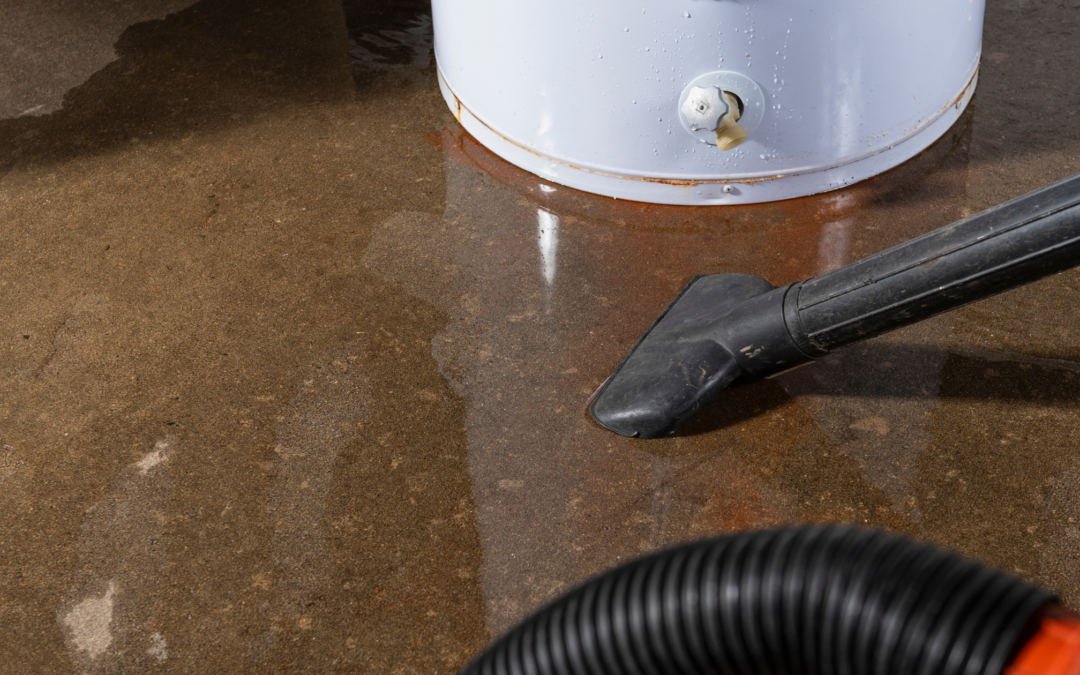Water heaters are an indispensable component of our homes, providing us with warm water for showers, washing up, and other household chores. Typically, they last up to 12 years, but like any appliance, they can develop faults and leak water. If you notice water pooling around the base of your water heater, don’t ignore it! A leaking water heater may seem like a minor issue, but it can lead to significant damage if left unaddressed. Here are some helpful tips that can help if you’re dealing with a leaking water heater.
Turn off the power supply and the water
Before you start handling the leaking water heater, turn off the electricity or gas supply and the incoming water. Locate the circuit breaker panel and switch off the breaker attached to your water heater. Alternatively, you can turn off the gas supply valve next to the appliance. After that, look for the cold water supply valve, which is often located near the top of the heater, and turn it off.
Assess the extent of the damage
Once you’ve turned off the heater and water supply, assess the extent of the damage. Check the tank and the joints for any visible leaks. Corroded or damaged pipes can also cause a water heater to leak. If the leak is minor, you can temporarily patch it up using a plumber’s tape. However, if the damage is severe, such as a ruptured tank, you may need to replace your water heater.
Call a plumber
If you’re unsure about the extent of the damage or aren’t confident with fixing it yourself, it’s best to call a plumber. A plumbing technician can diagnose the problem and recommend the appropriate solution. Getting professional help can also save you from further damage and unwanted expenses.
Wipe up the water and dry the area
After you’ve taken action to address the cause of the leak, use towels or a mop to soak up the water and dry the surrounding area. Leftover moisture can lead to mold growth or damage the floor or walls. Also, be sure to open windows or turn on a fan to ventilate the area.
Take preventive measures
Replacing older water heaters can prevent unwanted leaks from occurring. If you’re in the market for a new water heater, consider purchasing a model with enhanced leak detection features or automatic shutoff valves that prevent water from overflowing or causing damage.
Conclusion
Dealing with a leaking water heater can be a stressful and disconcerting experience. However, by following these simple steps, you can address the problem and prevent any further damage to your home. Remember, safety should always be your top priority when dealing with electricity or gas appliances. If you’re not confident with handling a water heater, don’t hesitate to call a professional plumber for assistance. By taking preventive measures and practicing regular maintenance, you can keep your water heater in good working condition and avoid any unnecessary expenses.

